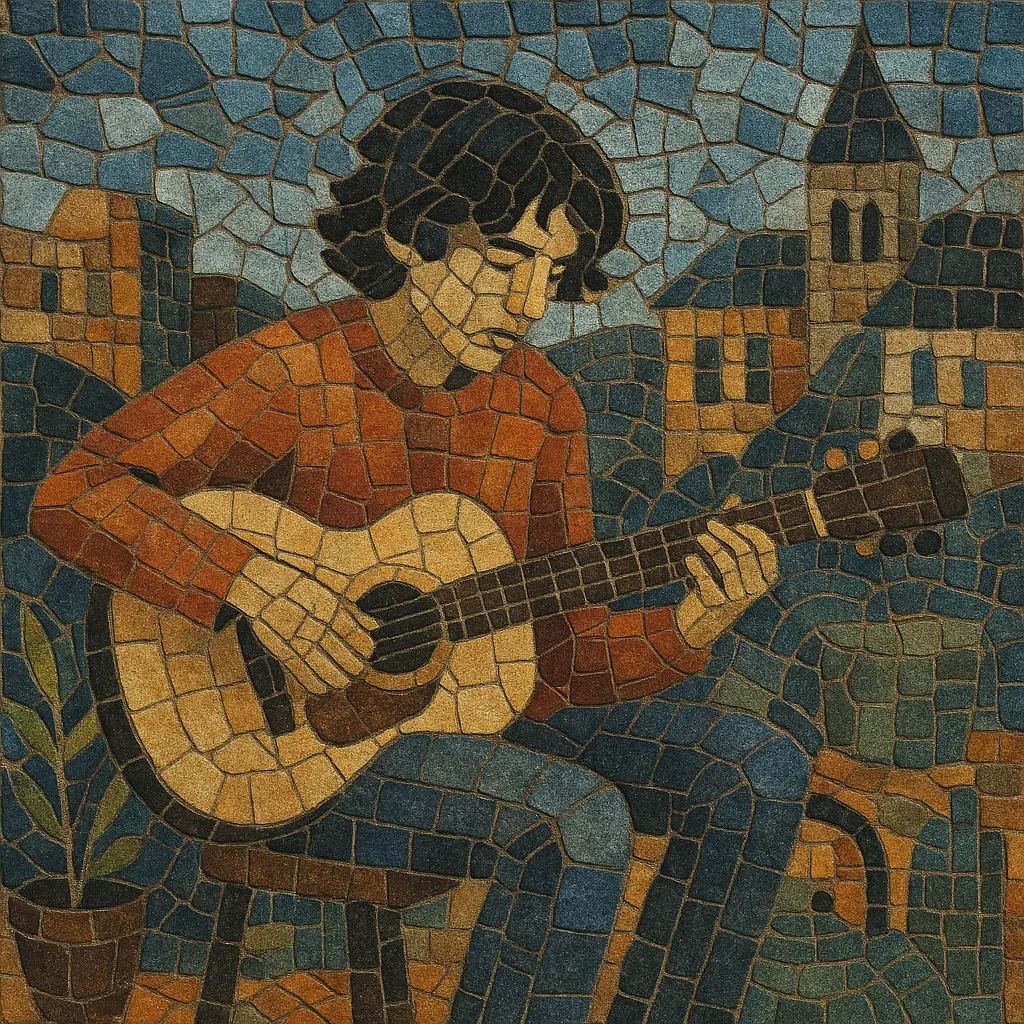Indie québécois is the independent music scene from Quebec—centered largely in Montréal and Québec City—that blends the DIY spirit of indie rock and pop with francophone songwriting traditions. It typically features a mix of guitar-driven textures, warm analog synths, and richly arranged instrumentation, while lyrics often foreground identity, urban life, and the poetic cadences of Québécois French.
The sound ranges from intimate, folk-leaning songs to expansive, post‑rock and art‑pop arrangements. A bilingual culture and dense venue network fostered collaborations between francophone and anglophone artists, making the scene remarkably porous and stylistically adventurous. Festivals like POP Montréal and M for Montreal, along with labels such as Secret City, Bonsound, and (formerly) Dare to Care/Bravo Musique, helped project the scene internationally.
The modern wave of indie québécois emerged in the early 2000s as Montréal’s affordable rents, dense artistic communities, and strong DIY infrastructure (venues like Casa del Popolo and La Sala Rossa) encouraged cross‑pollination between rock bands, singer‑songwriters, and experimental collectives. Arcade Fire’s “Funeral” (2004) drew global attention to the city’s indie ecosystem, while francophone groups like Karkwa and Malajube introduced a bold, contemporary take on Québécois songwriting.
Independent labels (Secret City, Bonsound, and the then‑Dare to Care) and festivals (POP Montréal, founded 2002; M for Montreal, founded 2006) created pathways for export and media discovery. Patrick Watson won the Polaris Music Prize in 2007, Karkwa in 2010, and Montréal acts continued to feature prominently on Canadian shortlists. Artists such as Cœur de pirate and Pierre Lapointe bridged indie pop with chanson, while The Dears, Plants and Animals, and later Men I Trust showcased the scene’s stylistic breadth—from orchestral indie to dream‑pop and soft‑electronic fusions.
Throughout the 2010s and into the 2020s, indie québécois diversified further. Klô Pelgag and Hubert Lenoir brought theatrical art‑pop and glam‑tinted experiments to mainstream festivals; Half Moon Run and other anglophone acts coexisted fluidly with francophone peers. Strong public support for arts, community radio, and a tight live circuit sustained a steady pipeline of emerging artists. The scene remains defined by its lyrical particularity (including joual), collaborative ethos, and openness to post‑rock crescendos, chamber‑pop arrangements, and electronic textures.
Start with a classic indie foundation: electric guitar, bass, drums, and a keyboard or synth. Layer guitars for shimmer (chorus, gentle overdrive) and add analog or soft‑synth pads for warmth. Strings, brass, or woodwinds can elevate arrangements toward chamber‑pop or post‑rock swell.
Favor melodic hooks supported by diatonic harmony, with occasional modal mixture or borrowed chords to color refrains. Mid‑tempo grooves (80–120 BPM) suit reflective material; dynamic builds and crescendos nod to Montréal’s post‑rock lineage. Use subtle syncopation, tom patterns, or motorik undercurrents to create forward motion without overpowering the vocal.
Write primarily in French (embracing Québécois turns of phrase and imagery), though bilingual or English lines can appear naturally. Themes often include urban life, identity, memory, winter, and understated romance. Intimacy and poetic detail matter; let the vocal sit upfront, supported by harmonies or soft doubling.
Balance indie rawness with clarity: intimate close‑miking on vocals, tasteful room reverb, and restrained compression on the mix bus. Leave headroom for dynamic swells; automate reverbs and delays to emphasize transitions. Consider tape saturation or analog‑style plugins for cohesion, and keep low‑end tight to accommodate bass‑synth or kick interplay.
Contrast sparse verses with lush, layered choruses. Introduce counter‑melodies (strings or synth) in later sections. If leaning folkward, incorporate acoustic guitar and brushed drums; for art‑pop flavors, experiment with metric shifts, orchestration, or theatrical vocal phrasing.


